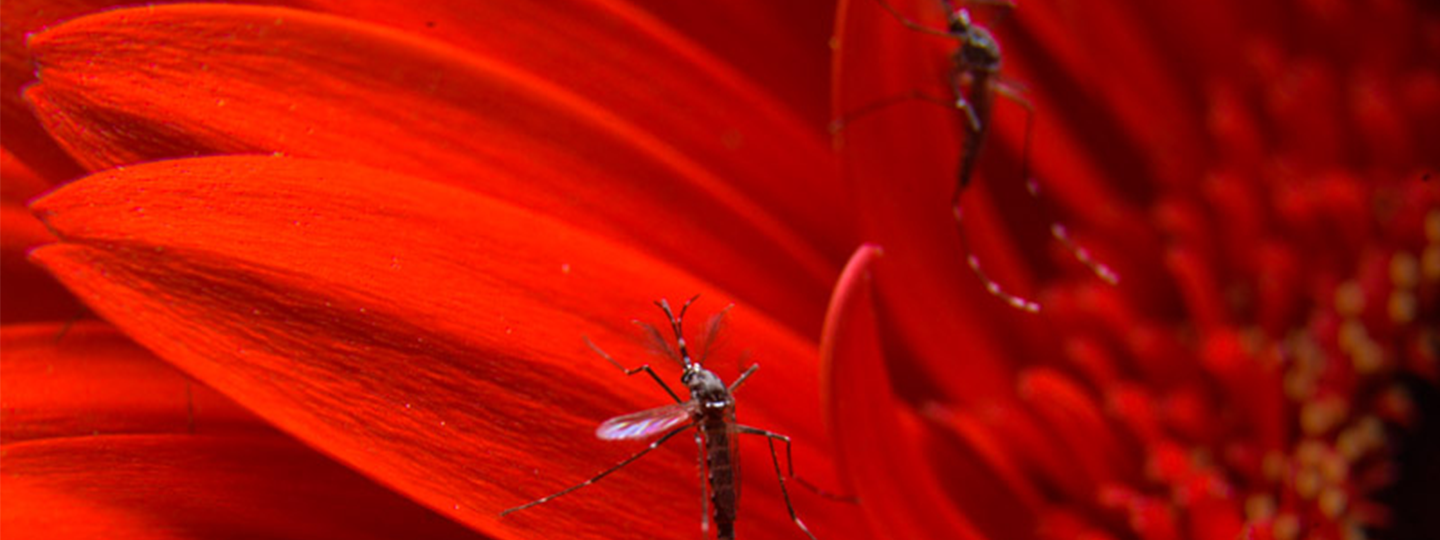Oxford based company gets approval to combat Dengue mosquitoes in the Florida Keys
 The US-owned, UK-based company Oxitec specialises in insect-based biological control. They have formed an agreement involving approval from nine government agencies to carry out a demonstration project using non-biting Aedes aegypti mosquitoes, in the Florida Keys.
The US-owned, UK-based company Oxitec specialises in insect-based biological control. They have formed an agreement involving approval from nine government agencies to carry out a demonstration project using non-biting Aedes aegypti mosquitoes, in the Florida Keys.
Clearly the concept of biological control raises natural concerns and so the process to involve all agencies in assessing potential environmental impact has had to be extensive. However, the potential benefits are huge, especially as the WHO are reporting an alarming increase in the number of infections.
Approved by the Florida Keys Mosquito Control District (FKMCD) Board of Commissioners on Tuesday, the pilot project comes more than 10 years after FKMCD first invited Oxitec to pilot its technology in the Keys due to the growing challenges controlling this disease vector.
The female Aedes aegypti mosquito is an invasive species found throughout the world and spreads dengue, Zika, chikungunya and yellow fever. It poses an increasing threat. This year there have been localized outbreaks of dengue in the Keys.
The FKMCD-Oxitec collaboration will be overseen by FKMCD. In addition, independent evaluation will be carried out by the U.S. CDC and the University of Florida’s Medical Entomology Laboratory. The project will include valuable inputs from an Independent Advisory Board representing a diverse base of stakeholders which will ensure a range of viewpoints are represented during the project.
FKMCD and Oxitec will continue public engagement efforts while initiating technical planning for the project, which will include decisions on timing and locations. Building on ten years of extensive public engagement and education, FKMCD and Oxitec will launch additional engagement efforts with the local community and other interested parties as the project progresses.
Grey Frandsen, CEO of Oxitec, said: “Our team is incredibly thankful to the FKMCD commissioners, regulators and our diverse partners for placing trust in us. We’re ready to get to work, and we couldn’t think of better partners than the FKMCD’s professional staff and collaborators in this project. We’re looking forward to working hand-in-hand with the Keys community to demonstrate the effectiveness of our safe, sustainable technology in light of the growing challenges controlling this disease-spreading mosquito.”
The Aedes aegypti technology
Oxitec’s non-biting male mosquito was designed to control the invasive, disease spreading Aedes aegypti. It has successfully provided significant suppression of the wild Aedes aegypti in Brazil and the company reports that the insect, "does not persist in the environment or cause harm to beneficial insects".
This technology also removes all requirements for adult mosquito-rearing and releases, and eliminates the potential for female releases. Combined with other innovations, this technology is anticipated to reduce up to 90% of costs associated with traditional insect release programs.
Recent similar demonstration projects in the Brazilian city of Indaiatuba found that Oxitec’s mosquito suppressed disease-carrying Aedes aegypti by up to 95% in urban, dengue-prone environments following just 13 weeks of treatment, as compared to untreated control sites in the same city.
Additional resources:
- The U.S. EPA’s approval of and complete risk assessment of the pilot project;
- The U.S. EPA’s responses to public comments;
- The U.S. EPA/U.S. CDC memorandum on vectorial capacity of Oxitec’s technology;
- The U.S. CDC’s letter confirming their role as independent evaluator of the project;
- The State of Florida’s approval of the pilot project;
- 100+ independent peer-reviewed scientific publications on Oxitec technology;
- Oxitec’s announcement of OX5034 just-add-water technology pilot results in Brazil;
- Oxitec’s resource hub for all things Oxitec and the Florida Keys.
The World Health Organization (WHO) estimates there are 390 million dengue infections per year, with approximately half of the world’s population at risk. The number of dengue cases reported to the WHO has increased more than 15-fold during the past two decades.


